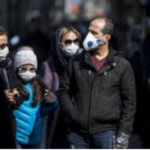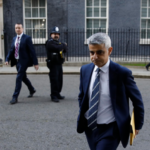Iran is facing one of the largest coronavirus outbreaks in the world. Today, as families celebrate Persian New Year, Nowruz, there is concern the true scale of the virus is being downplayed by the government and could rapidly get much worse.
Mohammad has been working relentlessly since the coronavirus outbreak to save the lives of his patients. The hospital doctor, who works in the northern province of Gilan, has not seen his family for 14 days. He has lost colleagues. He has lost friends – including his former mentor, his teacher at medical school who recently fell victim to coronavirus.
“It’s not just our hospital. The coronavirus outbreak has paralysed our whole health system,” says Mohammad.
“The morale of staff is very low. Our families are so worried and we are under enormous pressure.”
Mohammad’s name has been changed because speaking out against the government in Iran risks arrest. But several doctors from across the country’s northern provinces have spoken to the BBC about the dire conditions they are facing, and how badly they think the government has handled the crisis.
“We don’t even have enough masks. Our medical staff are dying on a daily basis,” says Mohammad.
“I do not know how many people died but the government is trying to cover up the true scale of the crisis. They lied in the early days of the outbreak.”
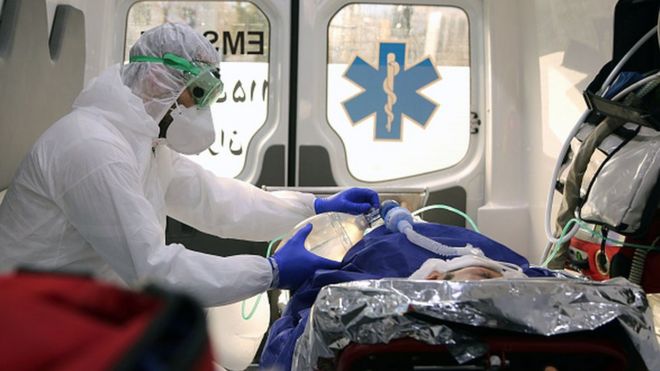
In just 16 days, Covid-19 spread throughout all 31 provinces in Iran.
On top of this, 16 countries claim they have cases of the virus that originated in Iran. They are Iraq, Afghanistan, Bahrain, Kuwait, Oman, Lebanon, the United Arab Emirates, Canada, Pakistan, Georgia, Estonia, New Zealand, Belarus, Azerbaijan, Qatar and Armenia.
However, critics of the authorities say the government of Iran has continued to downplay the outbreak.
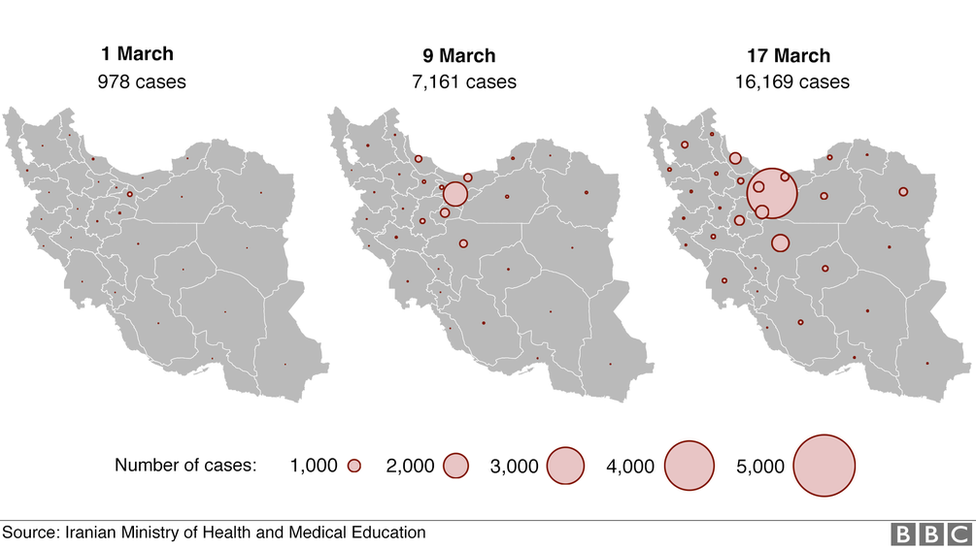
In its first announcement on 19 February, the government told people not to worry about the virus. Supreme Leader Ayatollah Ali Khamenei accused Iran’s “enemies” of exaggerating the threat.
A week later, as the number of cases and deaths surged, President Hassan Rouhani echoed the Supreme Leader’s words and warned against the “conspiracies and fear-mongering of our enemies”. He said these were designed to bring the country to a standstill and urged Iranians to continue their everyday lives and carry on going to work.
Most recently, state-controlled TV programmes announced the coronavirus could be a US-manufactured “bioweapon”, with the Supreme Leader tweeting about a “biological attack”.
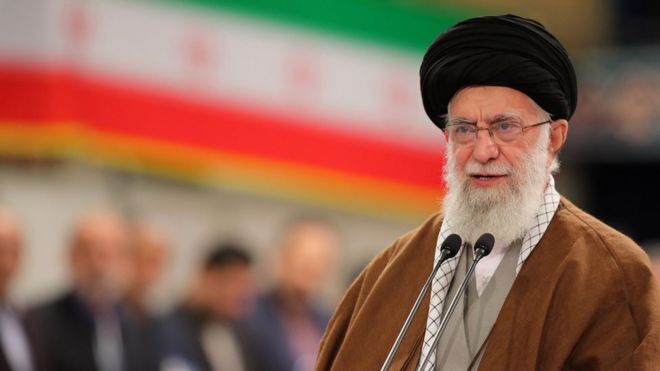
As of 20 March, nearly 1,300 people have died and nearly 18,000 people have been infected, according to the Iranian health ministry.
Iran is the third worst-hit country behind China and Italy.
Doctors from three of the worst-hit provinces in Iran – Gilan, Golestan and Mazandarn – have told the BBC that there are very few coronavirus testing kits, and medical supplies are limited – including basic medicines, oxygen tanks, sterilised masks, and protective scrubs and gloves.
Doctors are now having to kit out temporary field hospitals. One intensive care doctor described how her local football stadium was being equipped with beds to handle the overflow of patients.
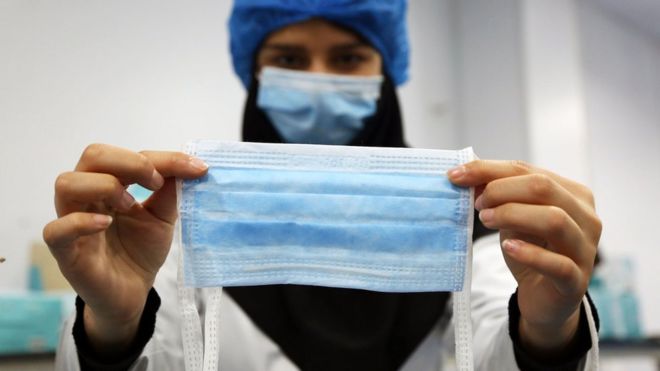
Every doctor the BBC spoke to said that based on their experience, the official statistics must be much lower than the reality.
One doctor, an A&E medic from Golestan Province, says her hospital receives an average of 300 patients a day. She estimates that 60%-70% of those are infected with coronavirus, but due to lack of resources, only those who are critically ill are admitted.
And only those who are admitted to hospital are counted in the official statistics.
The doctor describes having lost five patients a day on average over the past two weeks. She says that often by the time someone has arrived with a coronavirus testing kit, her patient has already died.

